Official Name:
Republic of El Salvador
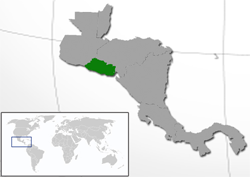
Capital:
San Salvador
Total Area:
22,040 Km2
Average Climate:
21 ° C – 32 ° C
Ethnic composition:
Crossbreed: 90%, white: 9% and indigenous 1%
Official Language:
Spanish
Monetary Unit:
Dollar and Colón
Exchange Rate:
US$ 1.00 = 8.75 Colones
Macroeconomic Information:
- GDP (in 2007) $41.6 billion American dollars
- Yearly Growth of GDP: 4.2%
- Yearly imports: $ 8 billion American dollars
- Main Imports from: USA 31.7%, Guatemala 10.6%, Mexico 8.5%, China 4.8%
- Yearly exportations: $ 4 billion American dollars
- Main Exportations: USA 47.3%, Guatemala 15.4%, Honduras 9.5%, Nicaragua 5.4%, Costa Rica 4.1%
El Salvador is the smallest of Central American counties and it’s made up of a population of approximately six million inhabitants. It has a land area of 21.041 km2 and has the highest population density in the continent. For the most part, its geography is made up of volcanoes, mountains, a coast line of more than 300 kilometers, and a main plateau. El Salvador is divided in 14 states, which in turn are divided in 262 municipalities. The Salvadoran population is mostly young; averaging in22 years. The political stability after the implementation of a democratic government has been considered one of the best examples in the world for its stability. This, its economic stability, and its strategic positioning all seem to point to a very promising future for El Salvador.
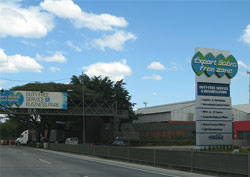 Currently, El Salvador present even through the economic global crisis, one of the most stable economies in Latin America. The inflation has remained in the one digit level and its international reserves add up to 1.9 billion dollars. The economic growth reached a 4.2% in 2007. Presently, there are 15 free trade zones and two service parks. Its services constitute 65% of the GDP manufacturing a 23% and agriculture an 11%. Its main industries are textile manufacturing, which are directly responsible for 90,000 jobs, food and beverages, petroleum derivatives, tobacco, chemical products and the manufacturing of furniture.
Currently, El Salvador present even through the economic global crisis, one of the most stable economies in Latin America. The inflation has remained in the one digit level and its international reserves add up to 1.9 billion dollars. The economic growth reached a 4.2% in 2007. Presently, there are 15 free trade zones and two service parks. Its services constitute 65% of the GDP manufacturing a 23% and agriculture an 11%. Its main industries are textile manufacturing, which are directly responsible for 90,000 jobs, food and beverages, petroleum derivatives, tobacco, chemical products and the manufacturing of furniture.
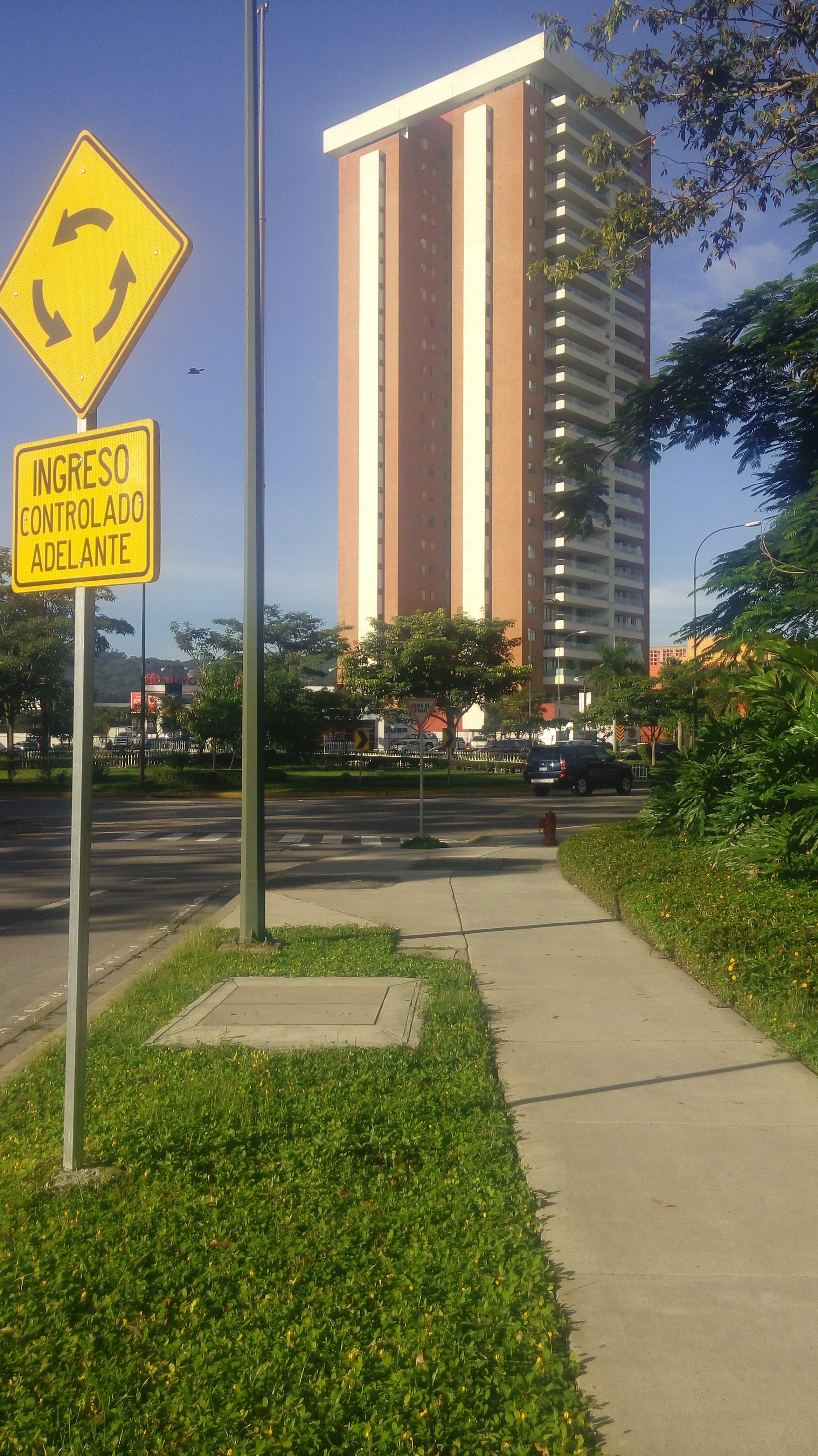 El Salvador is located right in the center of America, which gives it s a very strategic position that allows it to attract and international commerce. Its geographic position, halfway to both the South and North end of the continent, a new port strategically places in the state of La Unión, destined to be be a hub of logistics services, as well as its political commerceFree Commerce Treaties with Latin America politics, have allowed the economy to direct itself towards services. In twenty years, the economy has migrated from an agriculture based economy to becoming a regional reference for its economic focus on manufacture and services. The Salvadoran economy, once protectionist, is now one of the most open in all of Latin America. Following the Chilean example, El Salvador was the first country to sign and implement the Free Commerce Treaty between the United States, Central America and Dominica Republic, known as CAFTA. El Salvador is also involved with free commerce treaties with Mexico, Chile, and Panama and as such, has raised its exports with said countries, becoming a very important commercial tie. El Salvador’s most important commercial ally is the United States of America, from whom El Salvador exports around 31.7% products and receives imports of 47.3% a year.
El Salvador is located right in the center of America, which gives it s a very strategic position that allows it to attract and international commerce. Its geographic position, halfway to both the South and North end of the continent, a new port strategically places in the state of La Unión, destined to be be a hub of logistics services, as well as its political commerceFree Commerce Treaties with Latin America politics, have allowed the economy to direct itself towards services. In twenty years, the economy has migrated from an agriculture based economy to becoming a regional reference for its economic focus on manufacture and services. The Salvadoran economy, once protectionist, is now one of the most open in all of Latin America. Following the Chilean example, El Salvador was the first country to sign and implement the Free Commerce Treaty between the United States, Central America and Dominica Republic, known as CAFTA. El Salvador is also involved with free commerce treaties with Mexico, Chile, and Panama and as such, has raised its exports with said countries, becoming a very important commercial tie. El Salvador’s most important commercial ally is the United States of America, from whom El Salvador exports around 31.7% products and receives imports of 47.3% a year.
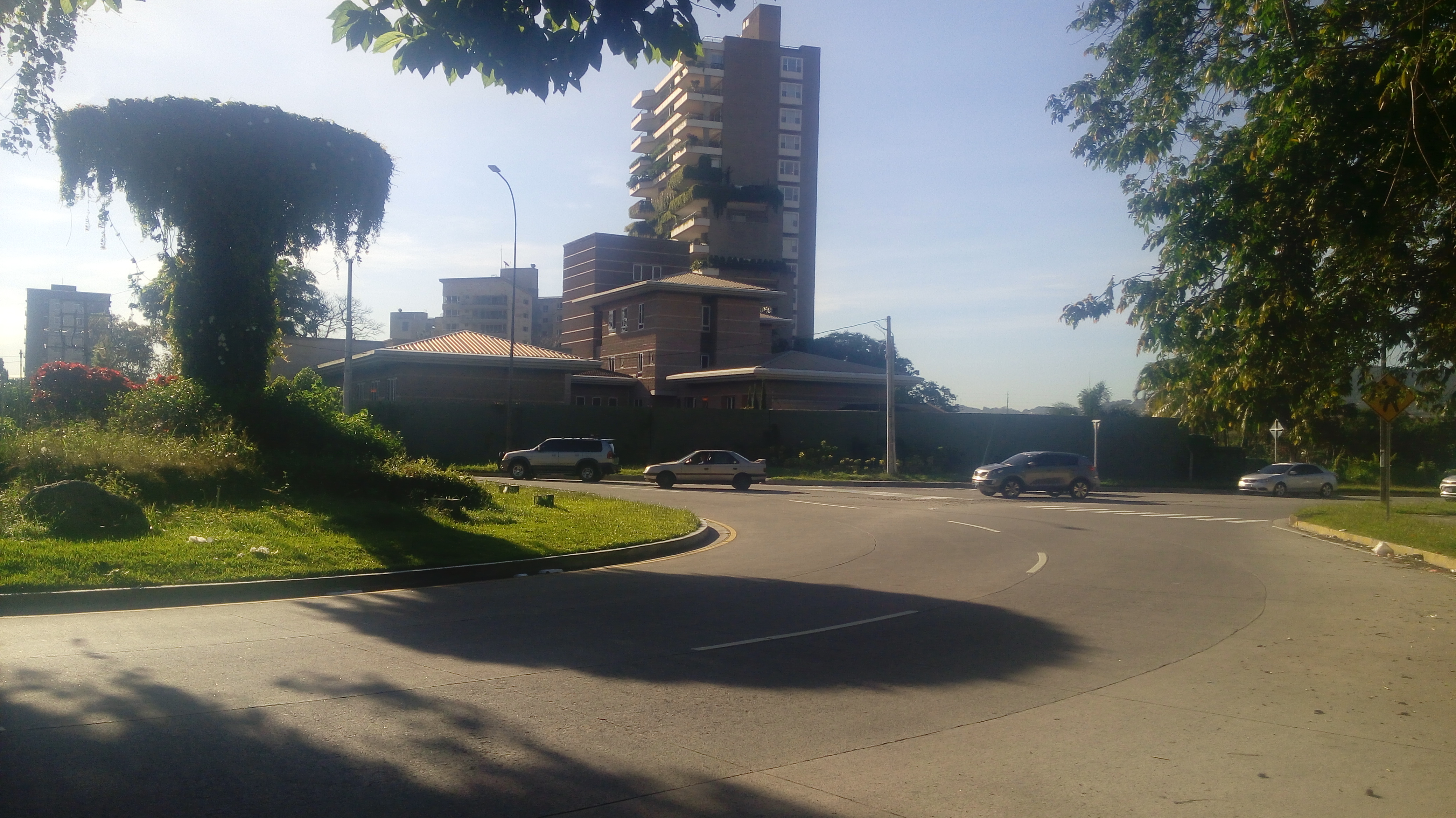 Currently El Salvador participates actively in negotiations between Central America and the European Union in search for grounds of a future negotiation treaty. This commercial treaty would allow for an increase in the cooperation, political dialogue and economic exchange of the two regions. The association treaty would grant the European Union access to a variety of duty free Central American products, thus promoting transatlantic exchange.
Currently El Salvador participates actively in negotiations between Central America and the European Union in search for grounds of a future negotiation treaty. This commercial treaty would allow for an increase in the cooperation, political dialogue and economic exchange of the two regions. The association treaty would grant the European Union access to a variety of duty free Central American products, thus promoting transatlantic exchange.
An Exciting Freedom
 In the last 20 years, the Salvadoran governments have stimulated the diversification for the economy, reaching success in the promotion of the textile industry, international harbor services and tourism. Through a wave of privatization in state companies beginning in 1998, the Salvadoran economy is in a growing phase of development in areas such as telecommunications, electricity distribution, banking, and pension funds. The growth of telecommunications and the expansion of the electricity network,that is to say its succeeding generation capacity, are amongst the most notable consequences of the open politics managed in El Salvador as of late
In the last 20 years, the Salvadoran governments have stimulated the diversification for the economy, reaching success in the promotion of the textile industry, international harbor services and tourism. Through a wave of privatization in state companies beginning in 1998, the Salvadoran economy is in a growing phase of development in areas such as telecommunications, electricity distribution, banking, and pension funds. The growth of telecommunications and the expansion of the electricity network,that is to say its succeeding generation capacity, are amongst the most notable consequences of the open politics managed in El Salvador as of late
Attractive for Foreign Investment
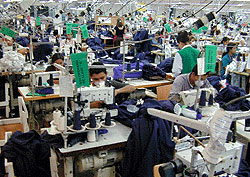 El Salvador offers a diverse range of incentives with the purpose to attract foreign investment and new commercial and industrial development. There are no restrictions to foreign land-owning in respects to mergers, acquisitions and joint-ventures. The incentives for foreign policy are regulated by investment laws, Industrial and Commercial Free Trade Zones and the reactivation of Exports. There three laws seek to promote foreign investment by improving competition throughout the country in all the relevant areas. These laws as well as the recent and future international free trade agreements, make El Salvador a land of opportunities linked throughout the world.
El Salvador offers a diverse range of incentives with the purpose to attract foreign investment and new commercial and industrial development. There are no restrictions to foreign land-owning in respects to mergers, acquisitions and joint-ventures. The incentives for foreign policy are regulated by investment laws, Industrial and Commercial Free Trade Zones and the reactivation of Exports. There three laws seek to promote foreign investment by improving competition throughout the country in all the relevant areas. These laws as well as the recent and future international free trade agreements, make El Salvador a land of opportunities linked throughout the world.
